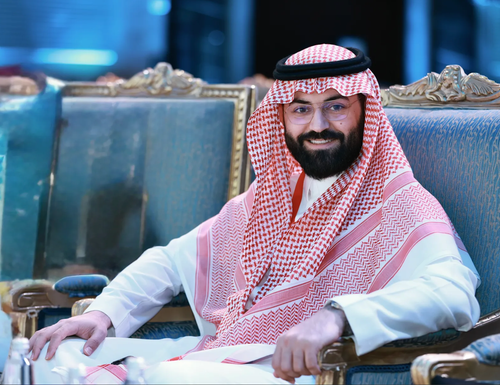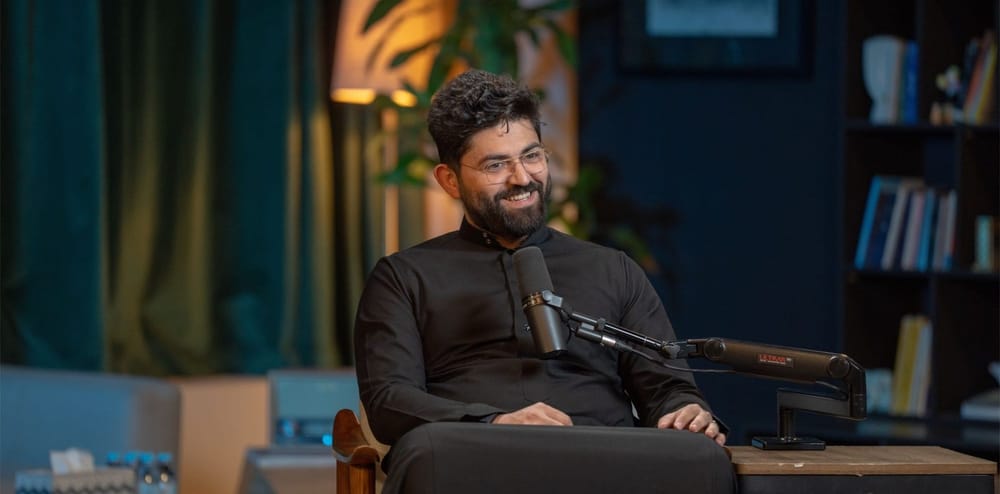Earlier today, I sat with a startup operating in one of Saudi Arabia’s fastest-growing markets. Their challenge wasn’t a lack of demand, but rather an abundance of opportunity.
Every week, new clients approached them with new requests — “Can you also do this?”, “Can you expand into that?” — and like many passionate early teams, their instinct was to say yes to everything.
It’s a common story: the startup that tries to serve everyone eventually serves no one well.
The Illusion of Endless Opportunity
Initially, saying yes feels like momentum. The team is energized, clients are happy, and revenue lines go up. But underneath that excitement, something dangerous starts forming — complexity.
Every new product or service line requires new systems, new expertise, new management layers. The company begins to grow out of its business, stretching wider instead of building deeper.
And soon, quality starts slipping. Delivery times get longer. The once-sharp positioning becomes blurry.
The Opportunity Cost Mindset
That’s why one of the most valuable principles I share with early-stage founders is this:
Don’t optimize for more opportunities, optimize for opportunity cost.
What you don’t do is just as important as what you choose to do. Each new service you add has a cost — in focus, in quality, and in time. The right move isn’t to chase every path forward but to choose the one that compounds your advantage.
Scaling Through Focus
Real growth doesn’t come from adding more products; it comes from refining the systems that deliver your best product faster, cheaper, and better every time.
That’s the true meaning of economies of scale — doing more with less, not doing everything.
When startups align their team around that idea, something shifts. Decisions become clearer. Margins improve. The team rediscovers confidence not from chasing new things, but from mastering the thing that already works.
The Takeaway
In a market full of noise and endless possibilities, clarity becomes your competitive edge. The fastest-growing startups I’ve seen in Saudi Arabia — and globally — are not those who say yes to every opportunity, but those who build a system that knows what to say no to.
Focus isn’t just discipline; it’s strategy in disguise.





